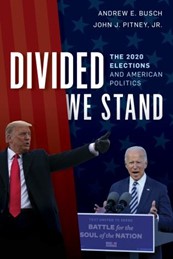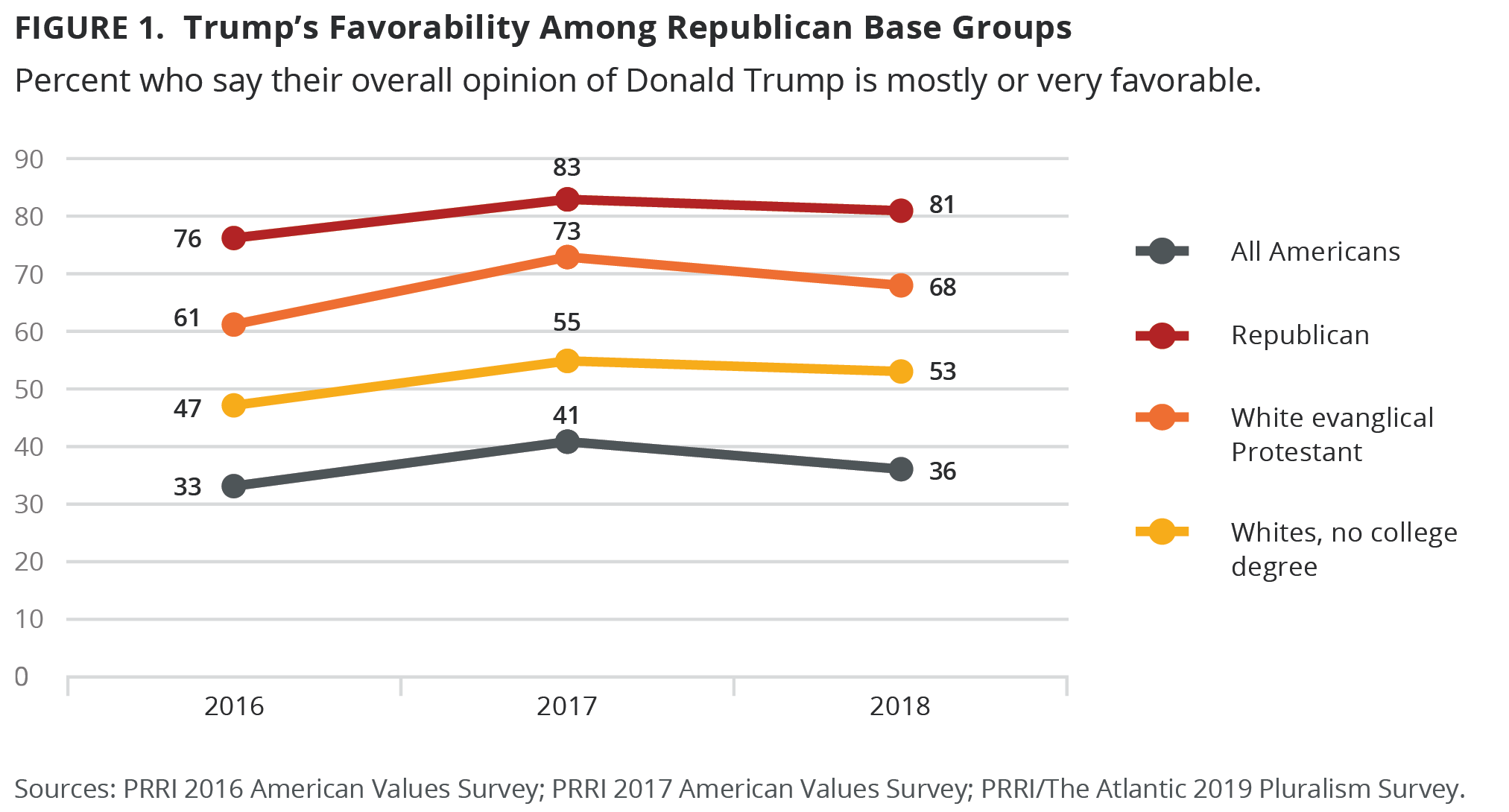Mark Mazzetti, Maggie Haberman, Nicholas Fandos and Michael S. Schmidt at NYT:
As federal prosecutors in Manhattan gathered evidence late last year about President Trump’s role in silencing women with hush payments during the 2016 campaign, Mr. Trump called Matthew G. Whitaker, his newly installed attorney general, with a question. He asked whether Geoffrey S. Berman, the United States attorney for the Southern District of New York and a Trump ally, could be put in charge of the widening investigation, according to several American officials with direct knowledge of the call.
Mr. Whitaker, who had privately told associates that part of his role at the Justice Department was to “jump on a grenade” for the president, knew he could not put Mr. Berman in charge because Mr. Berman had already recused himself from the investigation. The president soon soured on Mr. Whitaker, as he often does with his aides, and complained about his inability to pull levers at the Justice Department that could make the president’s many legal problems go away.
...
The story of Mr. Trump’s attempts to defang the investigations has been voluminously covered in the news media, to such a degree that many Americans have lost track of how unusual his behavior is. But fusing the strands reveals an extraordinary story of a president who has attacked the law enforcement apparatus of his own government like no other president in history, and who has turned the effort into an obsession. Mr. Trump has done it with the same tactics he once used in his business empire: demanding fierce loyalty from employees, applying pressure tactics to keep people in line and protecting the brand — himself — at all costs.
Rep. Matt Gaetz (R-FL) was a collaborator:
“Do I think it’s right that our work in the Congress has aided in the president’s defense?” he asked, before answering his own question.
“Yeah, I think it is right.”
Steve Collinson at CNN:
Then, in an interview with CNN, former acting FBI Director Andrew McCabe -- who was instrumental in opening an obstruction inquiry against Trump -- made his strongest claim yet that he was fired hours before his scheduled retirement as a result of an internal investigation rigged against him at the instigation of the President.
The revelations appear to fit into a consistent pattern of attempts by Trump to influence investigations in which he may be implicated and a constant campaign of public and private pressure on the officials involved.
...
Even in his public remarks, the President has often left the impression that top law enforcement officers had a duty to protect him -- like a personal lawyer -- rather than to the neutral administration of justice and to the Constitution.
Fired FBI Director James Comey said Trump tried to establish a mob-like relationship of patronage with him. Trump also repeatedly berated his former Attorney General Jeff Sessions over his failure to rein in the Russia probe.


